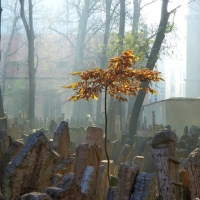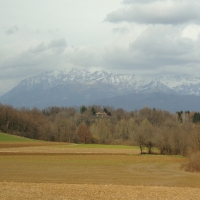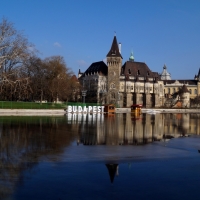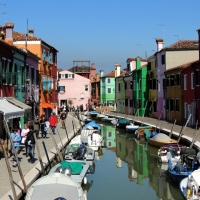This year Seder evening fell on Good Friday, so for today I decided to look for some music that fits for both Passover and Easter purposes while being baroque. This means a very small circle of pieces to choose from. Before the liturgical reform of Salomon Sulzer in the 19th century, the amount of Jewish sacral compositions is insignificant. The music of Salomone Rossi, the one and only 17th century composer of Jewish origin, who wrote music for the liturgy, is more renaissance than baroque. The next composer who has anything to do with synagogal music, is Avraham Cáceres from the late 18th century, but I couldn’t find any single liturgical piece of his on YouTube. And than there are some non-Jewish people, like Carlo Grossi or Louis Saladin, who were hired by synagogues to write music for prayers (like Franz Schubert by Salomon Sulzer, a hundred years later) but this didn’t happen too often.
Salomone Rossi l’Ebreo lived in the early 17th century, and wrote some really nice instrumental trio sonatas and some vocal music in the style of prima prattica. His set of motets, Shirim l’asher Shlomo, the Songs of Solomon contains mainly psalms and a few prayers. Although I cherish his cheerful and cute trio sonatas, typical for their genre and for the style of the transition period between renaissance and baroque in Italy, his motets and church music are just too much of stile antiqua for me. I’m rather uncomfortable with sheer renaissance polyphony. So I decided to rule him out and chose the cantatas Boi Beshalom and Kol HaNeshama, written by Cristiano Giuseppe Lidarti, an Austro-Italian baroque composer of non-Jewish origin, instead. He composed these pieces for the Portuguese Synagogue in Amsterdam around 1770. Despite of the late date, the character of the pieces is almost entirely baroque. It seems, Lidarti was rather old-fashioned in his compositional manners, which is a big luck for me :o)
While it’s not exactly Passover music and singing Alleluia at 10am on Easter Saturday is also a bit early for the Catholic liturgy, it’s the best musical compromise I’m able to come up with. Happy Passover and happy Easter!









Leave a comment